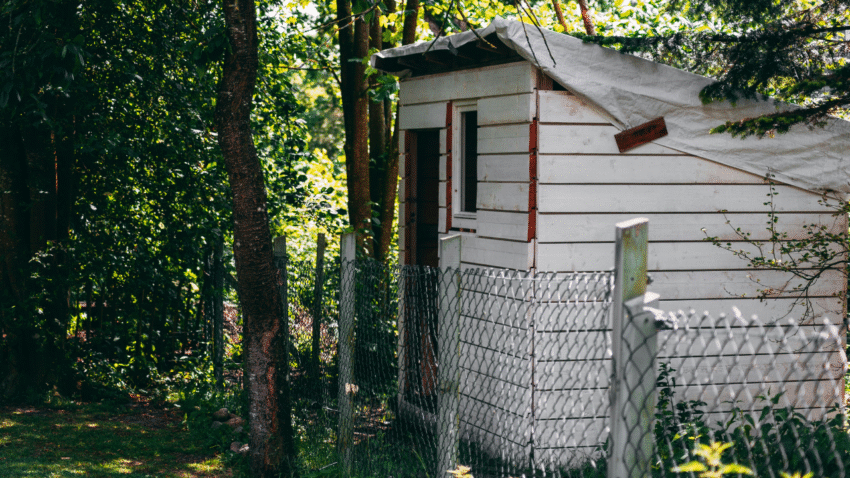Introduction
Need more storage or workspace but don’t want to build a brand-new shed? Learning how to expand an existing shed is a cost-effective way to add space without starting from scratch. This guide will show you how to plan, design, and build a shed extension safely and efficiently.
Why Expanding a Shed Matters
Expanding a shed can save money while providing more room for tools, gardening supplies, or hobbies. Instead of demolishing your current shed, you can simply add extra square footage to improve functionality. A well-planned shed extension can also boost your property’s appearance, increase storage capacity, and create a more versatile backyard structure.
Step-by-Step Guide to Expand an Existing Shed
1. Assess Your Shed’s Structure
Before starting, inspect your shed to ensure it’s strong enough for an addition. Check for rot, damaged siding, or weak roofing. Reinforce any problem areas before starting the expansion to ensure the new section integrates safely.
2. Plan Your Shed Extension
Decide how much extra space you need and what you’ll use it for. Draw up a simple plan showing the layout, dimensions, and how the extension will attach to your existing shed. Consider factors like roof slope, door placement, and window locations.
3. Check Permit Requirements
Depending on your location, you may need a permit for structural changes. Contact your local council to confirm regulations, especially if the shed will exceed size limits after expansion.
4. Prepare the Foundation
Your shed extension will need a strong foundation that matches the height of the current shed base. This can be a concrete slab, timber skids, or concrete blocks. Level and secure the foundation to prevent uneven settling.
5. Build the Frame
Construct the new frame using treated lumber. Start with the floor joists, then add wall studs and roof supports. Attach the frame securely to the existing shed, ensuring the walls align properly.
6. Add Roofing and Siding
Extend the roof to cover the new section. Make sure the roof slope matches the existing shed for proper water drainage. Install siding that matches or complements the original structure for a seamless look.
7. Finish the Interior
Add flooring, insulation, and any shelving or storage solutions as needed. Once complete, paint or stain the new section to match the rest of the shed.
Common Mistakes to Avoid
- Mistake 1: Skipping the Structural Check
Solution: Always inspect and reinforce your current shed before attaching an extension. - Mistake 2: Ignoring Roof Slope Alignment
Solution: Match the new roof angle with the old one to prevent leaks and water pooling. - Mistake 3: Building on an Uneven Base
Solution: Make sure the new foundation is level and stable to avoid structural issues. - Mistake 4: Forgetting Permit Requirements
Solution: Always check with your local council to avoid fines or being forced to remove the extension.
Extra Shed Tips & Hacks
- Use reclaimed wood or leftover materials to save money on the extension.
- Add windows or skylights to bring natural light into your new shed space.
- For big expansions, consider making the new section a workshop, hobby room, or even a mini greenhouse.
For more inspiration, check out our guide on how to insulate a shed for hobbies, which pairs perfectly with a new shed addition.
Conclusion
Expanding your existing shed is a practical way to create more space without the cost of building a brand-new structure. With proper planning, a strong foundation, and a matching roofline, your shed extension will look great and serve you for years to come.
Bookmark this guide to help you create the perfect shed extension for your backyard.
